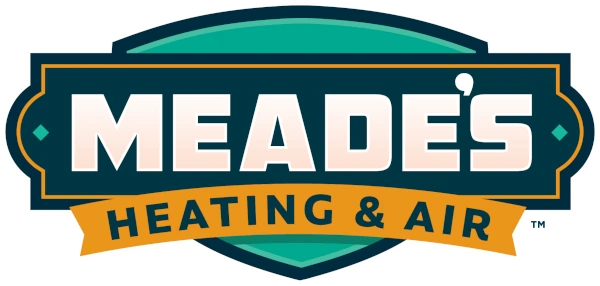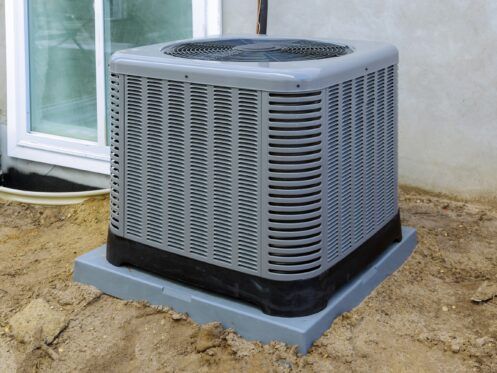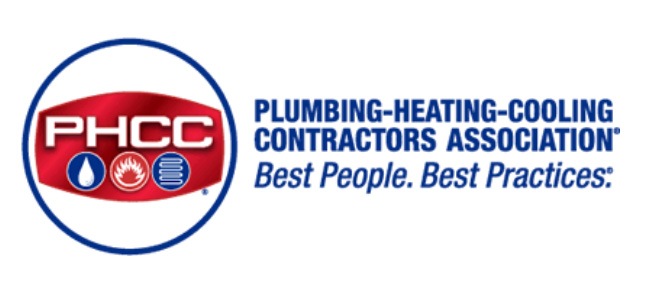Modern technology has ensured that the typical air conditioning system is quieter than ever before. For this reason, many homeowners find it alarming when they hear loud or unexpected noises from their air conditioner units. Whether the disruptive sounds come from the air handler or the condenser, noises can indicate a problem that needs repair. A look at the most common air conditioner noises and meanings can help you investigate important concerns and ensure that your system is in great shape for the hottest days of the year.
Clicking Noises
It is normal to hear a slight clicking sound when your system turns on or shuts down. However, it is abnormal to hear nonstop clicking throughout the operation of your air conditioner. This clicking noise could be the result of loose internal parts bumping against each other while the system runs. In this case, it’s best to employ the help of a professional to adjust the hardware to get your unit running quietly again.
Clicking noises can also result from a defective control panel or a failing thermostat. Since removing and installing either component is not easy, it is best to contact an expert for assistance with your thermostat or control interface.
In some cases, clicking noises are the result of electrical trouble. For example, an electrical issue with your relay switch or the capacitors within the compressor can result in a clicking or popping sound. All of these electrical problems require training to properly investigate and fix. It is important to hire a licensed contractor to help with any voltage-related issues.
Banging Noises
Banging noises can indicate issues with your AC compressor. This component distributes refrigerant to the sections of your cooling system, allowing the air conditioner to reduce excess heat in the building. The compressor is one of the most critical parts of your air conditioning unit, and it acts as the intermediary between the evaporator and the condenser. Since this is a hardworking component, parts of it may loosen inside the compressor as the unit reaches the middle of its lifespan.
In addition to compressor problems, banging noises can also result from a loose rod, piston pin, or crankshaft. The noise could also arise from a disconnected nut or bolt. Sometimes motor blades loosen from the indoor blower fan, which can cause banging, thumping, or rattling noises. You can contact an HVAC professional to pinpoint the problem and suggest possible solutions. Sometimes it is as simple as balancing your compressor, but the process can also involve replacing OEM parts.
Whistling Noises
If your air conditioner makes a whistling noise, the sound can indicate duct leaks. As your cooling system pushes air through its ducts into your house, the air that escapes through leaks can make this high-pitched sound. Unfortunately, this gradual air loss decreases the performance of your system. You can contact us to check for damage and patch or seal problematic duct leaks.
Whistling noises that gradually become hissing may result from a refrigerant leak inside your system. The hissing sound arises as refrigerant escapes its piping within the tightly confined air conditioning unit. Refrigerant leaks can originate from faulty copper lines, incompatible filters, or a malfunctioning expansion valve. Since unit operation creates great internal pressure, it is important to have a professional look into hissing problems to avoid a machine blowout.
Bubbling or Gurgling Noises
Many homeowners feel concerned if they hear bubbling or gurgling noises coming from their air conditioners. While the sound might seem like the stuff of nightmares or a witch’s cauldron, there is often a simple explanation. For one, bubbling sounds are usually the result of excess moisture. This extra moisture can come from a blockage or clog in the drain line. The buildup will eventually cause a bubbling sound when air forces past the clog as your machine tries to maintain continuous operation.
Gurgling noises can also result from a problem with the refrigerant lines. This is usually caused by a leak that allows air into the refrigerant line. If left unchecked, this can lead to frozen evaporator coils, which causes other problems. Like other unusual noises, it’s best to have a qualified technician investigate the cause of these sounds and fix the problem.
Screeching or Squealing Noises
Screeching and squealing noises often result from higher air pressure levels within your air conditioning unit. This air pressure buildup usually occurs near the compressor. While some models have a sensor that enables the system to automatically turn off when the pressure gets too high, others lack this sensor. If your unit makes a constant squealing noise, turn it off and contact an HVAC professional to review the source.
Screaming noises can also occur when there is too much friction within your internal hardware. Common parts that can malfunction and create excess friction include the following:
- Bad fan motor bearings
- Defective compressor
- Bad motor blower bearings
- Loose, impaired, or misaligned motor belt
- Old or worn motor chamber
A trained technician can resolve friction problems by disassembling the affected parts and applying lubrication. Internal parts damaged beyond this point may require replacement.
Buzzing Noises
Buzzing is one of the most common signs of an issue with an air conditioning unit. The cause of a buzzing sound can range from a minor glitch to a major malfunction. For example, buzzing can result from loose parts or a filter that needs changing. But the sound can also come from dirty condenser coils or electrical problems. An HVAC professional can look at your unit and determine whether the buzzing might have also derived from any of the following:
- Faulty condenser fan motor
- Loose or broken wiring
- Dingy or obstructed coils
- Poor air circulation
- Refrigerant leaks
More complicated causes include relay switch problems or isolation feet issues. For example, a relay switch problem can occur when your air conditioner’s electric switch delivers the incorrect amperage to your condenser. Isolation feet refer to the rubber pads on which your compressor sits. When these rubber feet wear down over time, the condenser may become destabilized and begin to shake and buzz. Your HVAC professional can determine the exact source and offer solutions.
Chirping Noises
Some homeowners also may hear chirping sounds from their air conditioner system. While these sounds may not be as disruptive as clanking or squealing, chirping sounds are unusual enough that they may indicate the need for maintenance. Causes of chirping can include the following:
- Dry motor bearings
- Defective fan belt
- Fan blades bumping against the motor cage or coils
An HVAC professional can identify the exact cause and offer solutions. For example, the technician may need to add lubricant to a dry motor or replace a worn-out fan belt for improved performance.
Contact an Expert Today
Ignoring strange noises from your air conditioner can cause major problems down the line. Instead of tuning out the noise, it is best to get a licensed technician to complete maintenance or repairs. We can also help with indoor air quality issues. For more information about air conditioner repairs in Sterling or Northern Virginia, contact Meade’s Heating and Air today.




